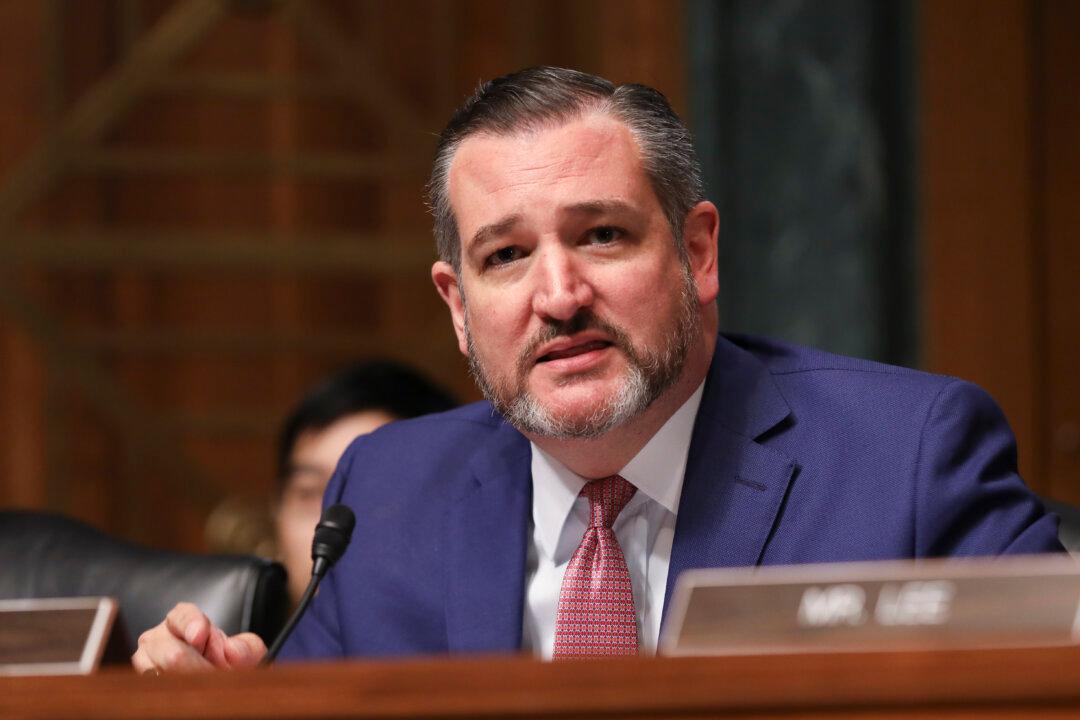Sen. Ted Cruz (R-Texas) said on Monday that he was willing to make oral arguments before the Supreme Court in an appeal seeking to block the state from taking further action to certify their election results.
The appeal is currently pending before the Supreme Court after Pennsylvania Republicans filed a request to block the finalizing of certification citing constitutional challenges.




